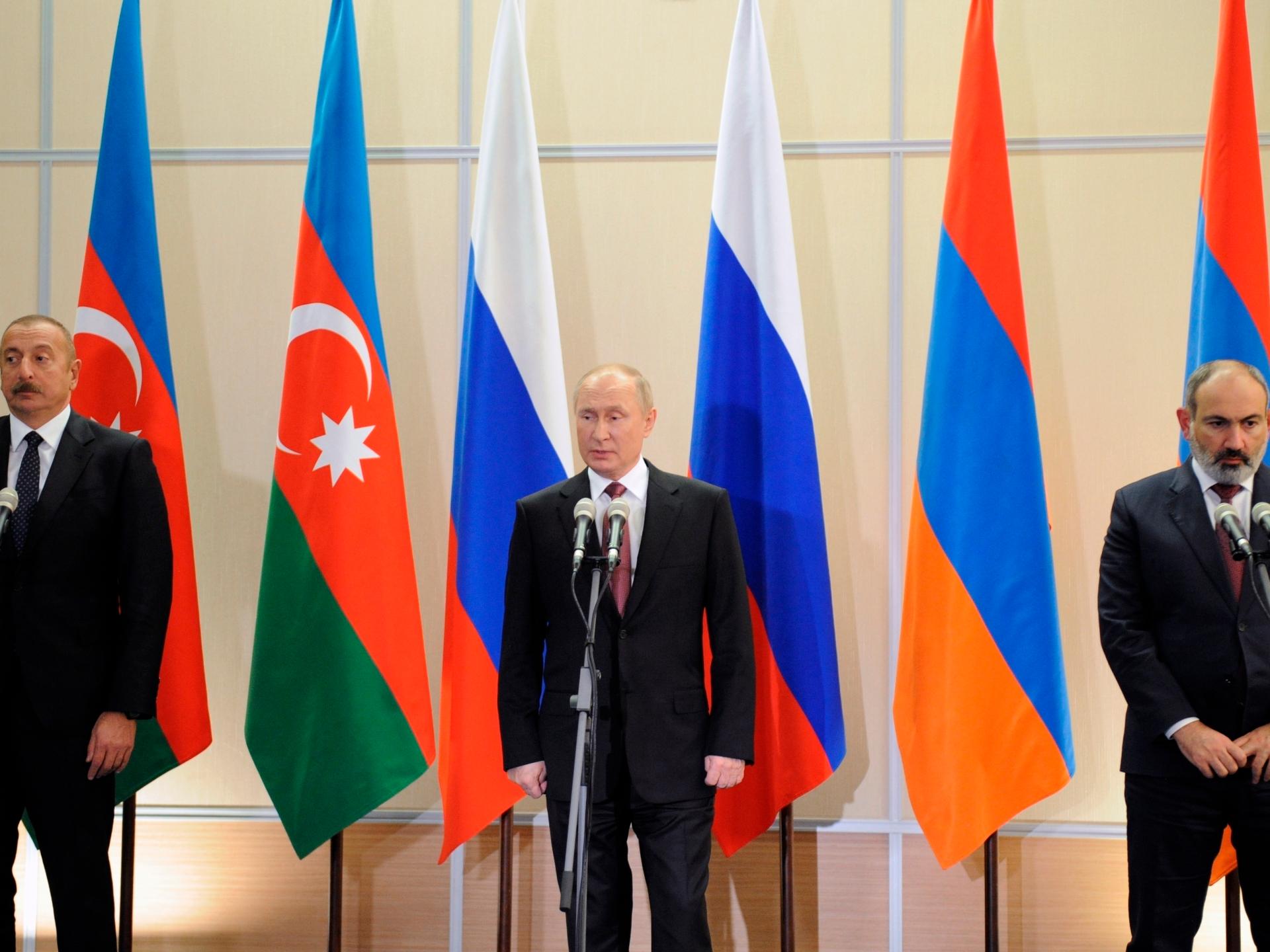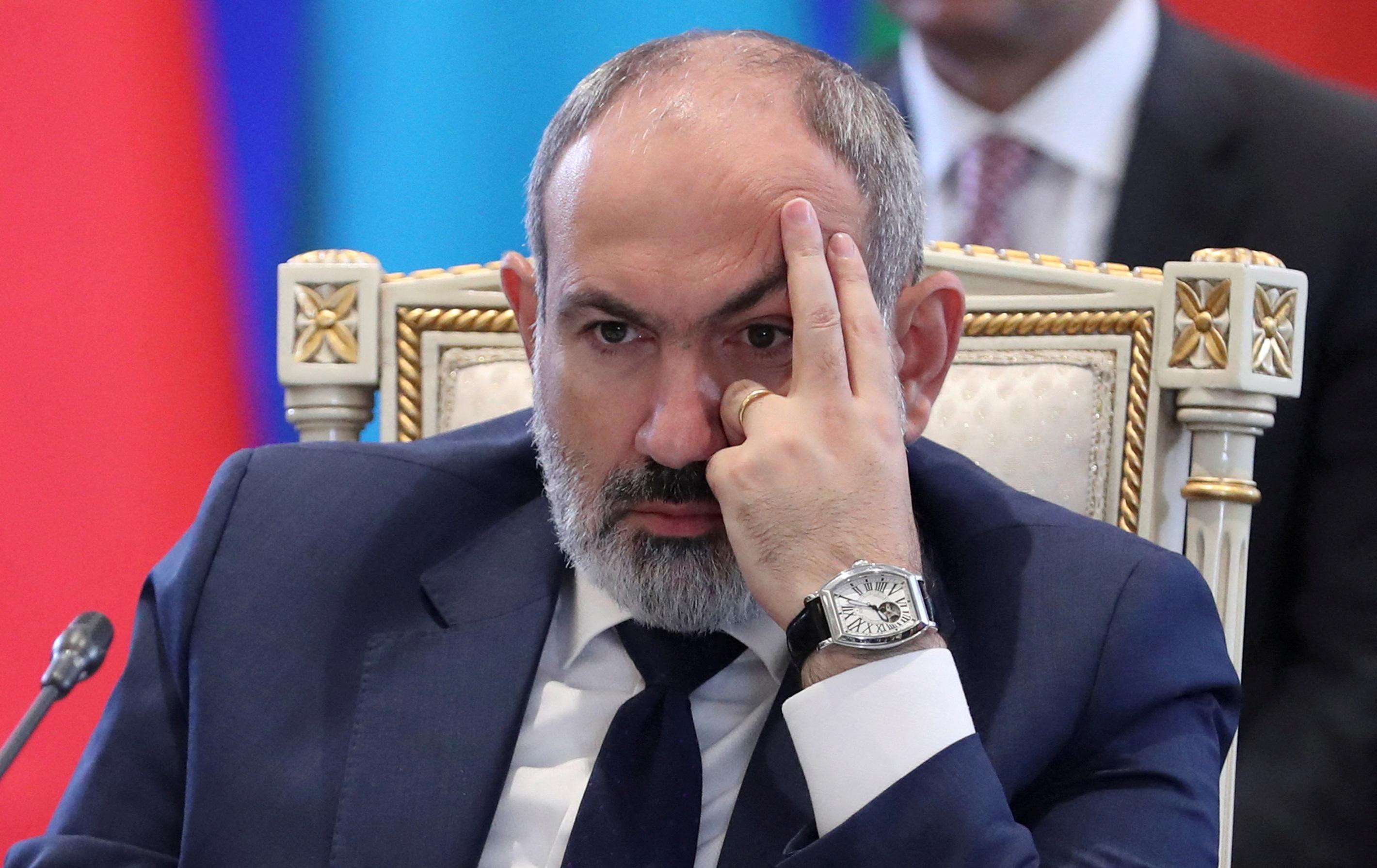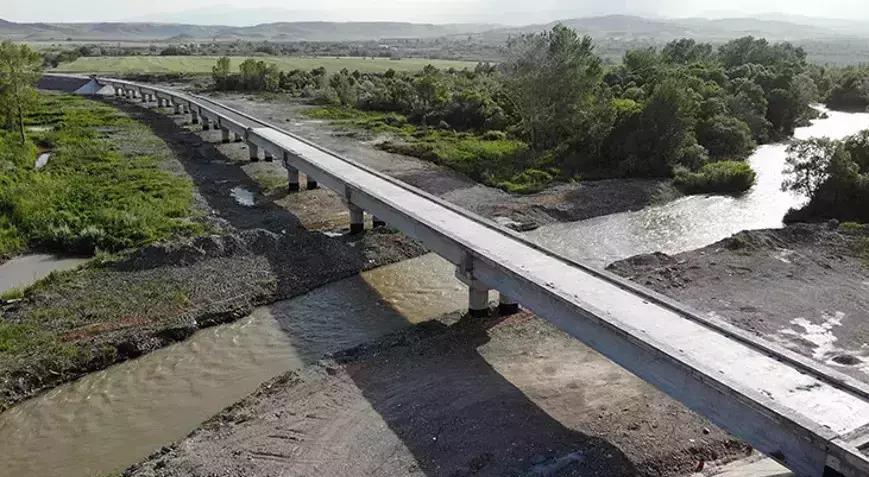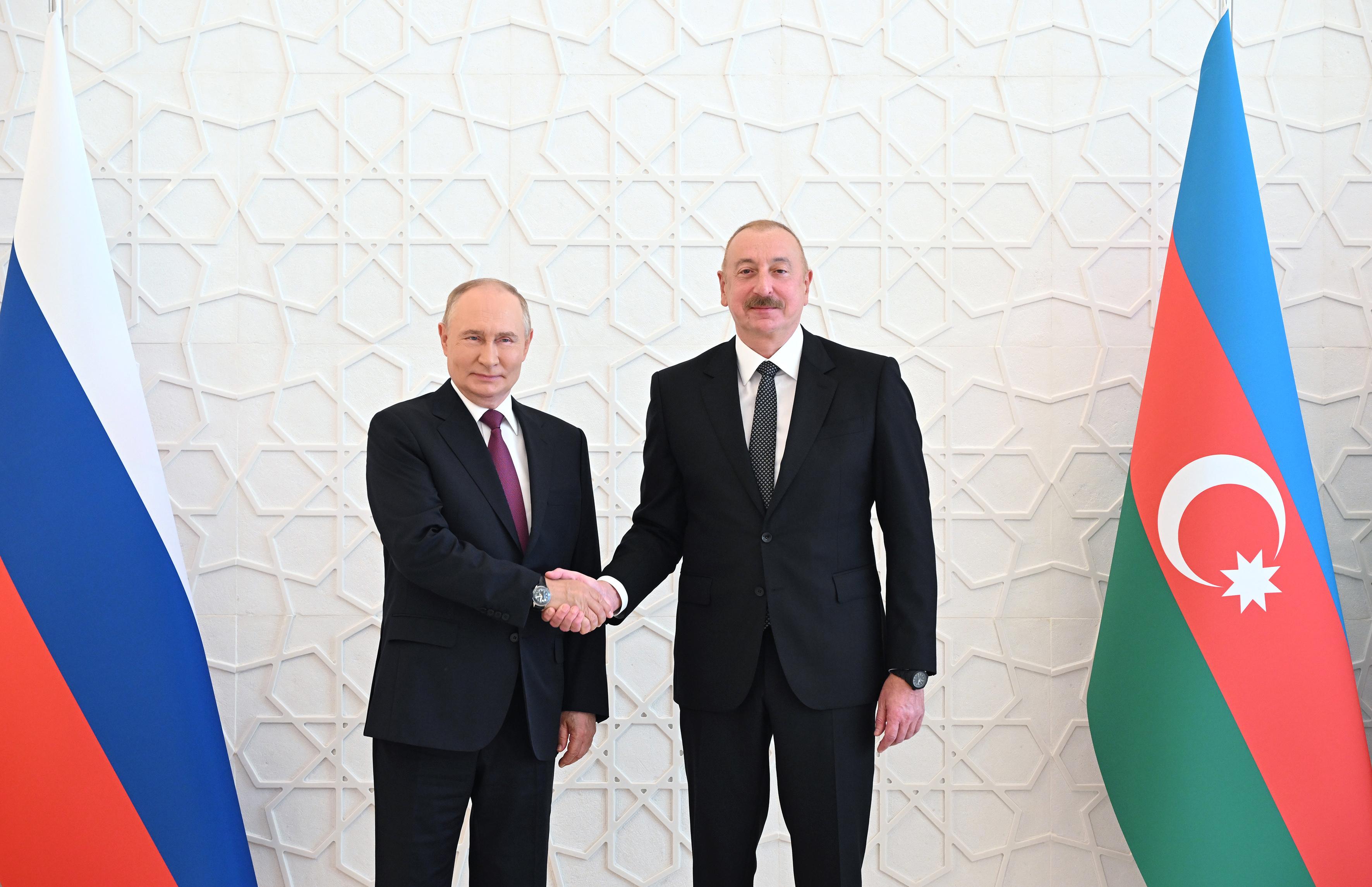Putin’s Azerbaijan visit signals shift: Russia bolsters ties amid Armenia rift Moscow shifts focus to Baku
As Moscow’s relations with Armenia sour, Russian President Vladimir Putin’s August 18-19 state visit to Azerbaijan signals a strategic shift in the Kremlin’s South Caucasus priorities, raising the regional stakes. The visit to Azerbaijan carries significant implications for the South Caucasus region, particularly as Moscow seeks to solidify its influence and underscores Russia's intent to reassert itself as a key mediator in the region's geopolitical landscape, with a particular focus on facilitating a final peace agreement between Baku and Yerevan.
During his visit, Putin emphasized Russia’s readiness to continue mediating between Azerbaijan and Armenia, stating, "Russia is prepared to provide all necessary support for the swift conclusion of a peace treaty between Azerbaijan and Armenia". This statement reinforces Russia's commitment to maintaining its influence in the South Caucasus by positioning itself as a central player in the peace process, even as Armenia pivots towards the West.

Putin's assertion is not merely diplomatic rhetoric but a strategic move to counterbalance Armenia's increasing disengagement from Moscow. The Kremlin's focus on Azerbaijan as a reliable partner marks a shift in Russia's South Caucasus policy, with Baku emerging as Moscow's primary ally in the region. This is a significant departure from the traditional Moscow-Yerevan alliance, which has been strained by Armenia's recent foreign policy decisions.
Armenia's drift from Moscow
Armenia's relationship with Russia has deteriorated significantly under Prime Minister Nikol Pashinyan's government, which has increasingly sought closer ties with the West. This shift has not gone unnoticed in Moscow. Russian Foreign Minister Sergey Lavrov recently criticized Armenia for sabotaging the opening of the Zangazur Corridor, a crucial transport link that Russia sees as vital for regional stability. Lavrov’s sharp rebuke highlights the growing frustration within the Kremlin over Armenia's perceived betrayal.
"The Armenian leadership is deliberately working towards ruining relations with Russia, disparaging our troops stationed at the 102nd military base, along with our border guards and the entire Collective Security Treaty Organization," Lavrov remarked, signaling Moscow’s deepening mistrust of Yerevan. Lavrov's comments reflect a broader concern within Russian political circles that Armenia’s pivot to the West could have catastrophic consequences for the country's security.

Lukashenko’s warning: A stark reminder of Armenia’s isolation
Belarusian President Aleksandr Lukashenko, a close ally of Putin, echoed these sentiments in a recent interview, where he questioned Armenia’s strategic value outside of its alliances with Russia and the CSTO. "Who else needs Armenia besides us? Nobody... Let it develop its economy and focus on its own resources," Lukashenko stated bluntly. His remarks serve as a stark reminder to Yerevan of the potential dangers of alienating its traditional allies.
Lukashenko’s warning is not just a rhetorical flourish; it is a clear indication of the growing isolation Armenia faces as it distances itself from Moscow. The Belarusian leader's prediction of dire consequences for Armenia if it continues down its current path underscores the precariousness of Yerevan's geopolitical strategy. The implications are clear: Armenia risks being left out in the cold, both politically and economically, if it fails to mend its relations with Russia.
The Zangazur Corridor: A strategic battleground
The Zangazur Corridor has emerged as a focal point in the Russia-Armenia-Azerbaijan triangle, with Moscow strongly advocating for its opening as part of a broader effort to stabilize the region. The corridor, which would connect Azerbaijan to its Nakhchivan exclave through southern Armenia, is seen by Russia as a crucial element in its strategy to maintain influence over the South Caucasus.
However, Armenia’s reluctance to cooperate on this issue has only deepened the rift with Moscow. Lavrov’s criticism of Armenia for allegedly obstructing the corridor’s opening reflects Russia’s frustration with Yerevan’s uncooperative stance.

"We favor signing a peace treaty and unblocking these transport corridors as soon as possible," Lavrov stated, adding that Armenia's leadership is "sabotaging the agreement concerning transport routes via Armenia’s Syunik Province."
The corridor is not just a transportation link; it is a geopolitical chess piece in the broader struggle for influence in the South Caucasus. For Russia, the successful opening of the corridor would solidify its role as the primary power broker in the region, while failure to do so could further diminish its influence.
Azerbaijan: The new strategic ally
As Armenia drifts away, Azerbaijan has emerged as Russia’s most reliable partner in the South Caucasus. The shift in Moscow’s regional alliances was underscored by Putin’s visit to Baku, where he and Azerbaijani President Ilham Aliyev discussed the expansion of bilateral ties, particularly in the economic and security spheres.

The trade turnover between Russia and Azerbaijan reached a record $4.5 billion in 2023, with expectations for further growth this year. This economic interdependence is complemented by a shared interest in regional stability, particularly through initiatives like the North-South transport corridor, which aims to link Russia to the Middle East and South Asia via Azerbaijan.
"Azerbaijan is now Russia’s most reliable strategic partner in this region," pundits close to the Kremlin believe. Their assessment reflects a growing consensus in Moscow that Azerbaijan, not Armenia, will be the cornerstone of Russia’s South Caucasus policy moving forward.
The implications of this shift are profound for Armenia. By aligning more closely with the West, Yerevan has alienated its traditional ally, Russia, at a time when it can least afford to do so. The consequences of this realignment are already being felt, as Armenia finds itself increasingly isolated both regionally and internationally.
Armenia’s decision to allow the establishment of a US military base on its soil has been particularly controversial, crossing what Moscow views as a "red line" in bilateral relations. This move has further strained relations with Russia, making it unlikely that the Kremlin will extend the same level of support to Armenia that it enjoyed in the past.
In this context, the recent visit of President Putin to Baku can be seen as a pivotal moment in the South Caucasus’ geopolitical landscape. It marks the beginning of a new phase in Russia’s regional strategy, one that places Azerbaijan at the center of its efforts to maintain influence in the South Caucasus.
Conclusion: A new era in South Caucasus politics
Putin’s visit to Azerbaijan is more than just a diplomatic gesture; it is a clear signal of Russia’s changing priorities in the South Caucasus. With Armenia moving closer to the West, Moscow has had to recalibrate its regional strategy, placing greater emphasis on its partnership with Azerbaijan.
This shift has significant implications for the region's stability and the future of Armenia-Russia relations. As the Kremlin strengthens its ties with Baku, Yerevan must carefully navigate its geopolitical choices, or risk facing the consequences of its estrangement from Moscow. The stakes are high, and the outcome of this realignment will shape the future of the South Caucasus for years to come.








